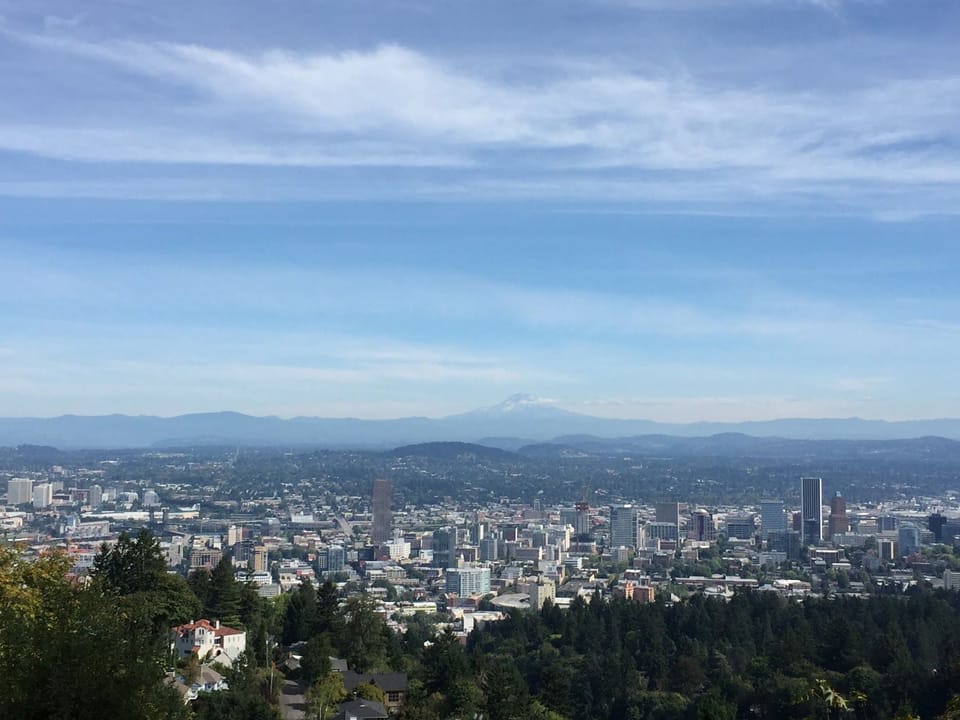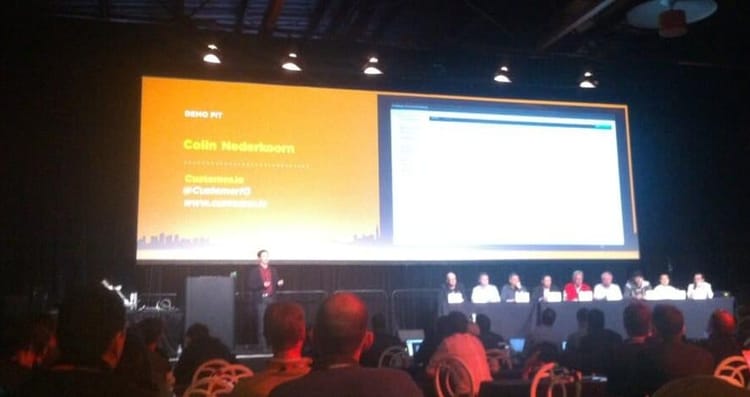The rise of the minor city

There’s no doubt that there’s an ideological shift away from suburbia back towards city living. Cities afford us many nice things - or amenities.
Here’s Steven Levitt, co-author of the book Freakonomics:
So when economists talk about location they use the word amenities to mean the kinds of things that people are willing to pay for. So access to theater, or to nature, or to a good bar scene or things like that. And the thing about amenities in cities is that it’s a market, right? So that the places that have lots of amenities like San Francisco and New York City also tend to be extremely expensive because space is scarce and people will pay to be close to those amenities. So the problem you face when you try to decide where to live is to figure out how do you find a way to a city or a location that has a lot of the amenities you like, but not a lot of the amenities that you don’t really care about.
Kate and I chose to move to Portland, Oregon last August because it has many of the amenities we care about:
- Proximity to nature
- Great food
- Affordable housing (relative to NY and San Francisco)
- Access to a reliable water supply
- Unique culture and identity
- Good bikability & public transit
A trend that seems to be picking up steam for tech workers (who can work remotely) is to choose a place to live based on amenities rather than job location. Just this week I had dinner with a friend who works remotely in Portland for a New York company. His girlfriend also in tech works remotely in Portland for a San Francisco company. Kate, my fiancee works remotely from Portland for a Museum in New York.
Sure, big cities offer the most amenities. But those amenities come at a price. Take New York. You can fly almost anywhere in the world direct from JFK. But every trip to the airport takes you an hour and a half in traffic just to the terminal. Nevermind the security line! San Francisco is an amazing city, but so many young tech workers who don’t want to live in the valley endure a daily slog of 2 - 3 hours total on the Google bus or Apple bus to take them to and from work. Life is too short for horrible commutes. In all of the “tier 1” cities, there are people who have to live there willing to fight you to rent that apartment or buy that house. A lot of people leave tier 1 cities when they want to settle down and have a family.
Tech workers are early to spot this inefficiency in the market. Sure, there are the “Global Nomads”, working while traveling through South East Asia. But assuming most people do want to put roots down, my prediction is that minor cities with good amenities will thrive in the next 5 - 25 years. A few cities come to mind: Bend OR, Asheville NC, Charelston SC, Nashville TN, Santa Fe NM, Austin TX, is probably too big to be a minor city these days.
What do you think? Are minor cities on the rise? Where’s the next great place to live when Portland gets too crowded :)?




